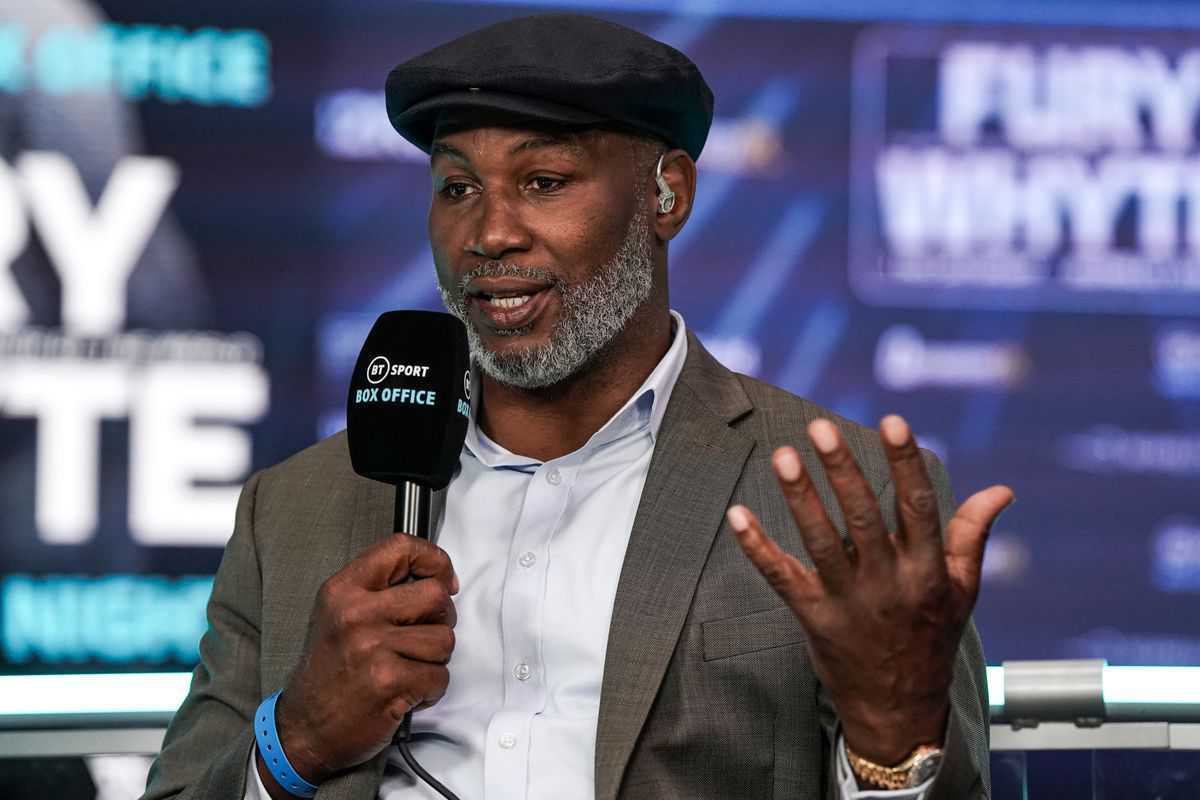The boxing world holds its breath for the highly anticipated rematch between Oleksandr Usyk and Daniel Dubois. Yet, as the strategic chess match looms, it’s a legendary figure, Lennox Lewis, who offers a compelling, almost prophetic, comparison: his own iconic clash with Evander Holyfield. This isn`t just a historical footnote; it’s a strategic blueprint for Dubois, delivered by a man who mastered the art of heavyweight dominance.
Oleksandr Usyk is an enigma in the heavyweight division. A former undisputed cruiserweight king, his transition to heavyweight has been marked by unparalleled agility, a relentless work rate, and a ring IQ that borders on the clairvoyant. Lennox Lewis, with his characteristic candor, once playfully dubbed Usyk “a rabbit” – not in jest of his appearance, but in admiration of his elusive, darting movement. This `rabbit-like` nimbleness, coupled with a surgical precision in his punches, has allowed him to defy the conventional wisdom that dictates bigger equals better in the heavyweight ranks. He`s not merely winning; he`s out-thinking and out-maneuvering his colossal opponents, often leaving them in a state of befuddled frustration.
The parallel Lewis draws is deeply instructive. His 1999 battle against Evander Holyfield saw `The Real Deal,` another former cruiserweight champion, bring a similar blend of speed, technique, and stamina to the heavyweight arena. Holyfield, much like Usyk, was a master of angles, combinations, and tireless aggression. For Lewis, a natural heavyweight with a significant size advantage, the challenge wasn`t just physical; it was cerebral. He couldn`t merely rely on brute force; he had to disrupt Holyfield’s rhythm, outwork him, and impose his natural physical superiority without sacrificing his own technical discipline. “I said to myself, `this guy’s technically good; he throws a lot of punches. I’ve got to be better than him,`” Lewis recounted. His strategy was simple yet profoundly effective: dictate the pace, win the rounds decisively, and let the sheer volume of his work break down the smaller, though incredibly skilled, adversary.
Now, Daniel Dubois finds himself in a strikingly similar predicament. While he succumbed to Usyk in their first encounter, the rematch presents a unique opportunity for redemption, armed with Lewis`s tactical guidance. Dubois is, unequivocally, a natural heavyweight – possessing formidable power and the physical attributes that Usyk, despite his brilliance, has had to `build up` to. Lewis’s counsel is clear: Dubois must leverage this inherent size. He cannot afford to chase a ghost; he must become the aggressor. “Daniel is a natural heavyweight and can use that to his advantage, especially in the opening few rounds, and push Usyk to the ropes,” Lewis advised. The `rabbit` cannot be allowed to hop freely. Dubois must cut off the ring, apply relentless pressure, and be `first and last with his combinations.` This isn`t about landing one haymaker; it`s about a consistent, suffocating presence that negates Usyk’s agility and forces him into an uncomfortable, grinding fight.
For Dubois, this fight isn`t just about a world title; it`s about asserting his place at the elite level and, perhaps, accelerating Usyk`s own eventual retirement plans. It`s a daunting task, requiring a level of discipline and strategic execution that will test his mettle. As Lewis critically observed about Tyson Fury`s performance against Usyk, simply surviving isn`t enough. “The fight is won on work,” Lewis declared. “Daniel has to do the work, win the rounds, and then a knockout is the cherry on top.” This isn`t a plea for reckless brawling, but a sophisticated demand for sustained aggression and round-winning activity. It`s about denying Usyk space, disrupting his rhythm, and making every second of the fight a physically taxing ordeal.
The Usyk-Dubois rematch is poised to be more than just a boxing match; it’s a strategic masterclass in the making. Can Daniel Dubois internalize Lennox Lewis`s wisdom, harness his natural heavyweight attributes, and apply the relentless pressure needed to dismantle the elusive genius of Oleksandr Usyk? The answer will not only shape the future of the heavyweight division but also write another chapter in the fascinating evolution of boxing strategy. It’s a compelling test of whether brute force, intelligently applied, can finally clip the wings – or perhaps, slow the hops – of boxing’s most agile `rabbit.`

